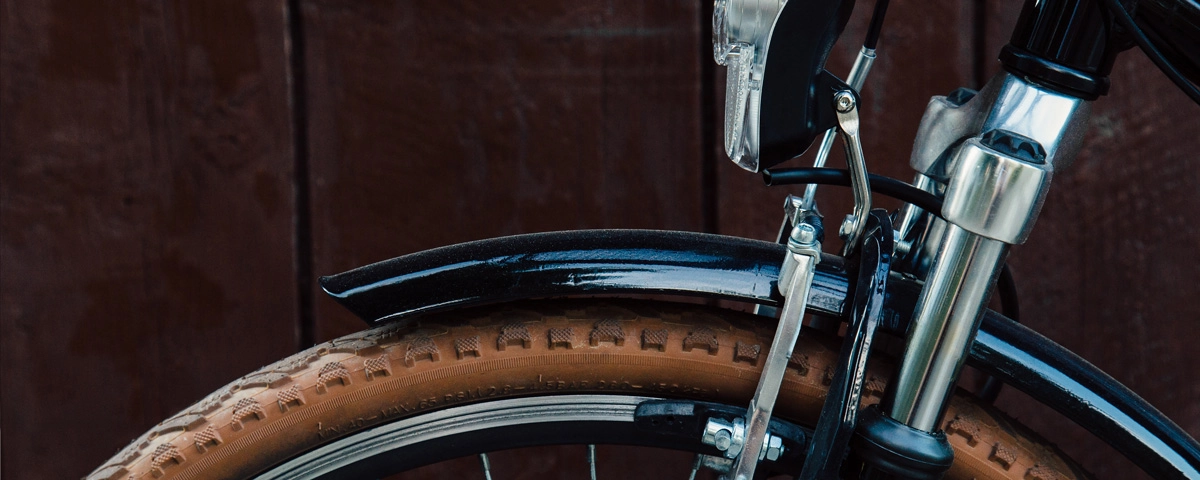You Can Get a DWI in NC Without Driving a Car: Bicycles, Boats, and More
Did you know under North Carolina law a person can be charged with a DWI, even if they are not necessarily driving a car? YES, you could be charged with a DWI without ever going near a car!

What is Considered a Vehicle for Purposes of a DWI?
It often comes as a surprise to many residents, but you can be charged with a DWI if you are intoxicated while driving any vehicle, from bicycles to boats. Under North Carolina law, a vehicle is defined as:
NCGS § 20-4.01. “Definitions … (49) (Effective July 1, 2017) Vehicle. – Every device in, upon, or by which any person or property is or may be transported or drawn upon a highway, excepting devices moved by human power or used exclusively upon fixed rails or tracks; provided, that for the purposes of this Chapter bicycles and electric assisted bicycles shall be deemed vehicles and every rider of a bicycle or an electric assisted bicycle upon a highway shall be subject to the provisions of this Chapter applicable to the driver of a vehicle except those which by their nature can have no application.”
The law is written in a very broad manner, so this list should not be considered inclusive, but here are some of the most common overlooked vehicles that are illegal to drive while impaired.
- Bicycles
In North Carolina riding a bicycle while intoxicated is illegal. In some cases, the DWI penalties are equally as serious for intoxicated bicyclists as they are for intoxicated drivers. - Golf carts
Drinking and driving on golf carts is a particularly serious issue in places where many people use golf carts to get around, and golf cart DWI arrests are common. - Boats
North Carolina law prohibits boating under the influence on any watercraft, including sailboats, yachts, water skis, and even surfboards. Alcohol is a major contributor to boating accidents and fatalities, causing impaired balance, blurred vision, and impaired judgment among boaters. - Lawnmowers
That’s right. You can be charged with a DUI for driving a lawnmower while intoxicated in our state. You can be charged with a DWI for riding a lawnmower drunk in a public area, such as a sidewalk or paved greenway. - Mopeds
Although you aren’t required to have a driver’s license to drive a moped in North Carolina, you can still get a DWI for driving one while intoxicated. Moving up to 30 miles an hour, drunk moped drivers can cause serious accidents and injuries.
North Carolina DWI laws are complex, and there are some grey areas surrounding the state’s definition of a vehicle. That’s why it is so important to consult with a North Carolina defense attorney after being arrested for operating any kind of vehicle while impaired.
Understanding “Operating” a Vehicle Under North Carolina DWI Laws
This brings us to a second point. What is “Operating” a vehicle?
NCGS § 20-4.01. Definitions … (25) Operator. – A person in actual physical control of a vehicle which is in motion or which has the engine running. The terms “operator” and “driver” and their cognates are synonymous.
If a person was sitting in a parked car with the motor running, courts consider the person to have been operating a vehicle. What if the person was sitting behind the wheel and the motor was not running, but the car rolled down a hill or driveway? Courts may rule differently on that issue. What if a person was not behind the wheel, but simply in a car that rolled down a hill?
In those cases which fall into a gray area, it is important for the DWI attorney to contest these issues vigorously and to remind the court that the purpose of DWI laws is public safety, not some strange adherence to the wrong meaning. So, for instance, argue that the man charging his cell phone had not moved his car while impaired and had no intention of moving the car while impaired, and thus, was no threat to public safety.
An experienced DWI Attorney will know that there are many cases decided by the North Carolina Court of Appeals and Supreme Court which give examples of what is, and what is not, considered “driving.” If you want to increase your chances of winning your case, you will need an experienced DWI attorney who will argue the law in every detail and will fight every technicality. The law in this area is very complex.

